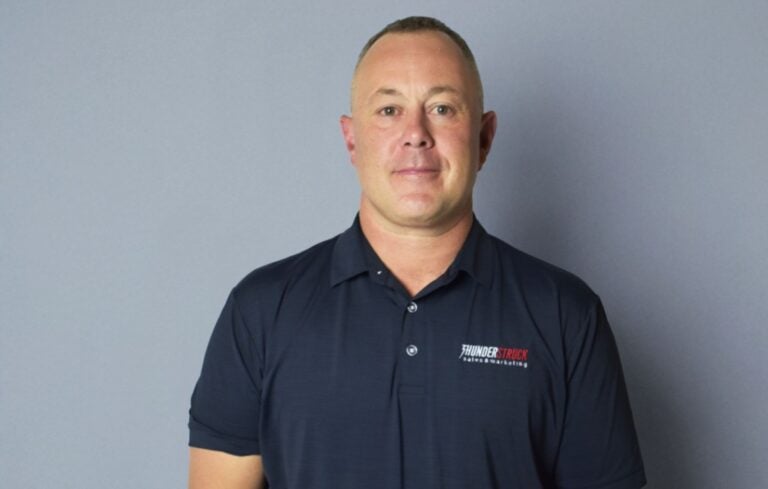Look beyond 3M CEO Mike Roman’s clash last week with President Donald Trump over whether the company is supplying enough of its highly regarded masks for the domestic health-care system as the Covid-19 crisis peaks in this country.
What also is materializing is the kind of rethinking that many CEOs will have to do about what their company is, and stands for, amid the recovery of the American population and the U.S. economy from the coronavirus. Roman has said 3M is a company driven by a new “global operating model” and by “purpose.” But he may be among a new vanguard of CEOs who will confront customers and employees with their own post-Covid-19 priorities that conflict with Roman’s.
Barely a year into his tenure as head of the St. Paul-based diversified manufacturer, Roman has embarked on a strategy to refine the globalization of the far-flung maker of Post-It Notes, Scotch tape, furnace filters and car polishes. And Roman has openly pivoted 3M toward a greater embrace of the ESG concerns that have become popular with CEOs in this era. But in the wake of the coronavirus pandemic, Roman may have to reconsider his approach to both aspects of his strategy.
Roman’s tussle with the Trump administration captured headlines and provided one of the sharpest of several tiffs that the president has had with prominent U.S. CEOs as he’s tried to marshal every possible manufacturing resource for supplying health-care workers with masks, ventilators and other things they need on the front lines of Covid-19 treatment.
Trump and his people argued that Roman should be making more N95 masks for U.S. consumption, while Roman retorted that he’s doing all he can in that regard while still heeding “humanitarian” concerns abroad.
But while he has pushed back against Trump in the short term and has been focusing on ramping up output of the masks worldwide, Roman also may have to reconsider the long-term strategy that he has forged for the $32-billion industrial giant since the company lifer was promoted to CEO in July 2018.
For one thing, in January Roman announced what he called the “next step” in 3M’s “transformation journey [that] includes a new global operating model and streamlined organizational structure.” That initiative presumes the continuation of a massive global footprint that has included huge new manufacturing investments in Brazil, Russia, Poland – and China – over the last several years.
But if there’s one thing CEOs are going to be pressured to re-examine in the wake of the pandemic, it’s how global their supply chains should be.
It’s one thing to do local manufacturing in various national markets to supply regional needs. But Trump’s “America First” rhetoric – fueled by his re-election campaign – surely will resonate more effectively with an American public that is likely to see their own health needs as paramount and to take a dim view of companies that are perceived as subjugating those needs in any way to those of any other nation. They may not brook the excuses that companies must fulfill existing business agreements; that they must manage complex, highly interwoven global supply chains; or even that places like China are sources of low-cost manufacture that keep prices in check for American consumers and businesses.
CEOs including Roman also will have to re-examine any dependence on manufacturing in China in the post-Covid-19 environment, both for practical as well as political reasons.
And as to the second aspect of 3M, being purpose-driven: That may require re-examination by Roman as well.
In an interview with the 3M web site as he took over, Roman said that 3M’s purpose is built in part on “values around inclusion and diversity, along with sustainability.” This sounds a lot like the ESG-embracing mantra of many CEOs these days. And Roman is a member of the Business Roundtable, one of 181 members who last fall pledged to take into greater account the concerns of corporate constituencies beyond just shareholders.
But as U.S. corporations strain to meet needs and help defeat the Covid-19 pandemic, their focus has become how to help these troubled constituencies – employees, customers, suppliers – right now, as well as Americans in general. How companies and CEOs are reacting to the pandemic has provided an abrupt new scorecard for how well they’re taking care of their “communities” and fulfilling the kind of “purpose” that suddenly has become important to Americans.
And if Roman and 3M are seen, rightly or not, as failing these constituencies according to this new scorecard, they may be unlikely to make it up if the focus ever returns to how well they’re combating climate change.







